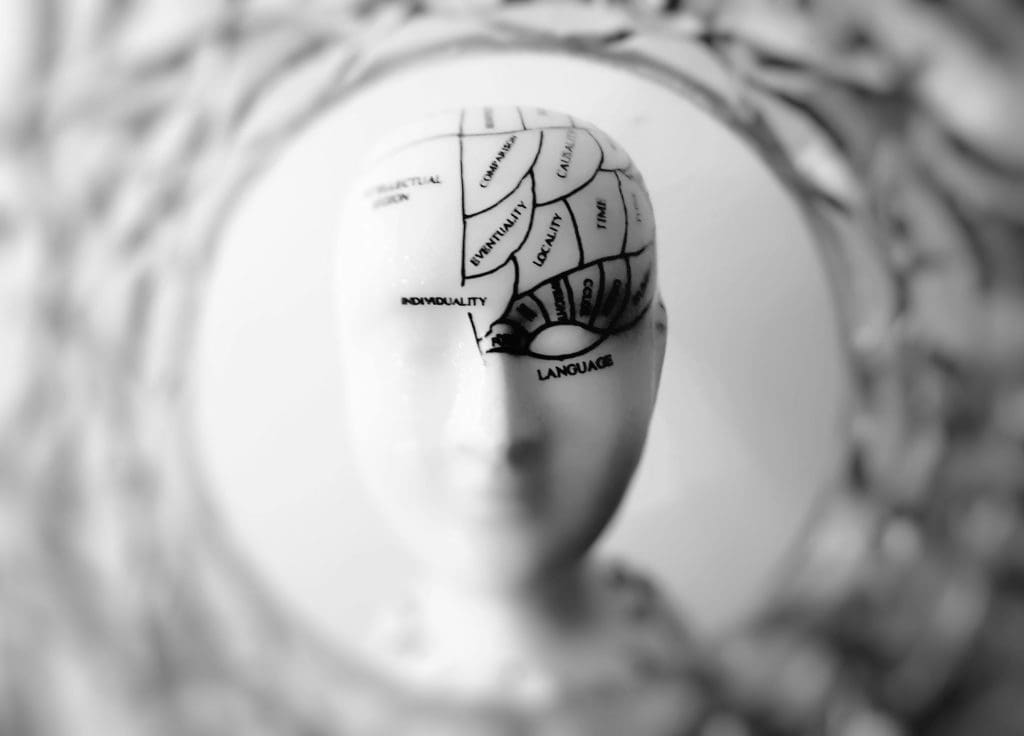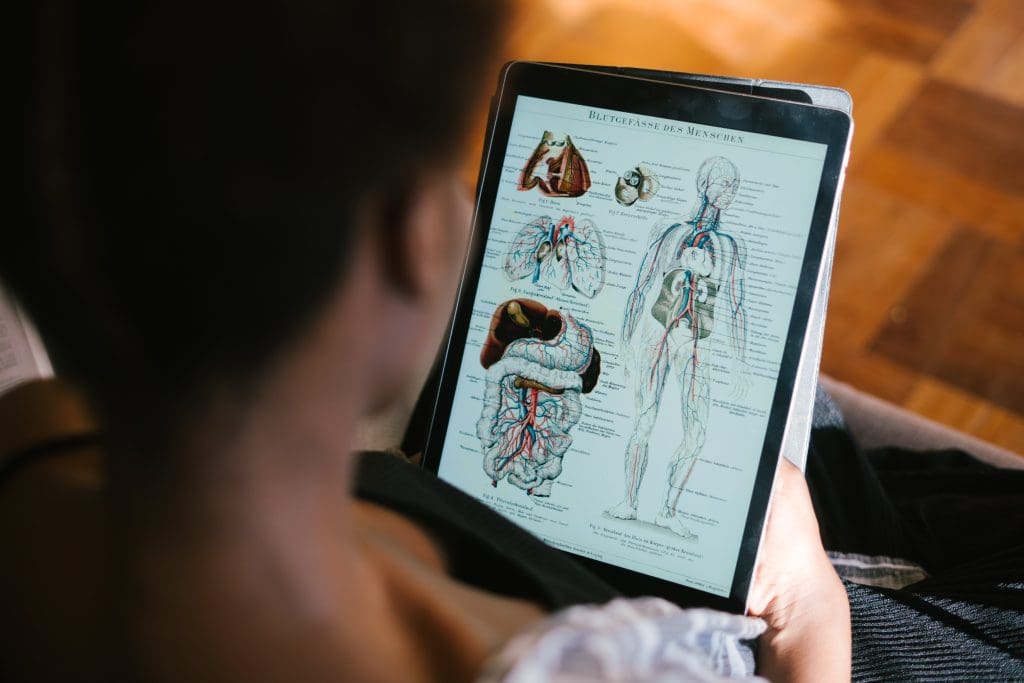

The crucial role that hormones play in aging is gaining popular attention worldwide. Even Samantha Jones, Kim Cattrall’s character in Sex and the City 2,touts a hormone replacement regimen that keeps the symptoms of menopause at bay. But how do changing hormone levels affect your brain?
When your hormones are in perfect balance, your brain sees you as being a reproductive woman and wants to keep you around.” So quips the foxy Samantha Jones in her typical honeyed voice.* She’s the much-loved character played by Kim Cattrall in Sex and the City 2, in which she also touts the latest book by Suzanne Somers, titled Breakthrough: Eight Steps to Wellness. This book sees Somers continuing her impassioned crusade for antiaging medicine and natural hormone replacement therapy. Samantha may be fictional, but the book isn’t. Neither are the problems faced by so many women of Samantha’s age, who suddenly neither think nor feel quite like their younger selves. They may not realise it, but most of it has to do with the effects that hormones have on the brain.
If you’re a woman approaching menopause, you’ve more than likely begun worrying about yourself. You’ve started finding it more difficult to retrieve facts, or you can’t remember details so clearly. Or it feels like you’re losing your mind altogether, because you forget things like birthday sand shopping lists. You may also feel as though your body has declared war on you. You may get depressed and grumpy, possibly with mood swings and, worst of all, you might be gaining lots of weight, no matter what you eat or drink, which makes you feel even worse about yourself.
All of this is because changes in your hormone levels not only affect the production of brain chemicals directly, but also how they work in your brain.

If you’re feeling any of the symptoms above, you may be estrogen deficient, or lacking in any of the other hormones that affect your brain. Progesterone deficiency, for example, usually occurs before an estrogen imbalance and comes with common complaints such as an inability to sleep as well as you used to, spells of anxiety, heavier and irregular menstrual cycles and even cysts in the breasts or growths in the uterus, called fibroids.
There are a number of reasons why you should consider restoring your hormone levels and replacing those you’re deficient in:1
Bone production Osteoporosis is a debilitating, crippling disease that’s preventable. As you grow older, you burn up, swell up and dry out, due to inflammation, dehydration, and calcium seeping out of your bones and settling in your brain and blood vessels


Growth and repair Without sufficient hormones, the body’s ability to renew itself, heal and repair damage slows down, which speeds up aging
Heart health Estrogen protects your heart. This benefit is lost when estrogen levels are low. The safest way to replace estrogen is through bioidentical hormones, absorbed either through the skin or the vagina. This way, there’s no risk of blood clotting as happens with estrogen taken orally. There’s also no risk of inflammation, no blood pressure problems, no effect on the mood-stabilising brain chemical, tryptophan, and no weight gain
Prevention of memory loss and Alzheimer’s The brain is especially dependent on the hormone pregnenolone to replenish brain cells and for clear, quick thinking
A longer life Women who replace their hormones live longer than those who don’t.
The most important reason why hormone levels need to be kept in check is because they directly influence the levels of other important brain-controlling chemicals, which either stimulate the brain for quicker, clearer thinking, or slow it down to prevent over-excitement and promote better sleep.2
The neurotransmitters responsible for slowing the brain down are GABA, serotonin, glycine and taurine, while the stimulating neurotransmitters include glutamate, norepinephrine, epinephrine, phenylethylamine, histamine and aspartic acid. Dopamine can either stimulate the brain, or slow it down, depending on the part of the brain on which it acts.
It’s all about maintaining a careful balance: the brain shouldn’t be over-stimulated into a frenzy, nor slowed to a crawl. The first step is usually to improve its ability to calm down and for this we generally prescribe gabatropin, inositol, taurine, N-acetyl-cysteine and theanine for GABA support.
When it comes to hormone replacement therapy, one size doesn’t fit all. You need to do what is right for your body, which is why customised natural hormone therapy is the best way to replace your hormones safely. This is because your hormone response is as unique as your fingerprints.3
How you respond to hormone restoration therapy depends on your genes, stress levels, health condition, your environment and lifestyle, the nutritional supplements you use and your diet. Since no two women are the same, or share the same lifestyle, no two women should follow identical treatment plans.


ESTROGEN4
PROGESTERONE5
TESTOSTERONE6
DEHYDROEPIANDROSTERONE (DHEA)7
PREGNENOLONE8
MELATONIN9
CORTISOL10


Watch Dr. Golding talk on Integrative and Anti-Aging Medicine.
Sign up for our newsletter to find out more about the exciting world of integrative medicine
